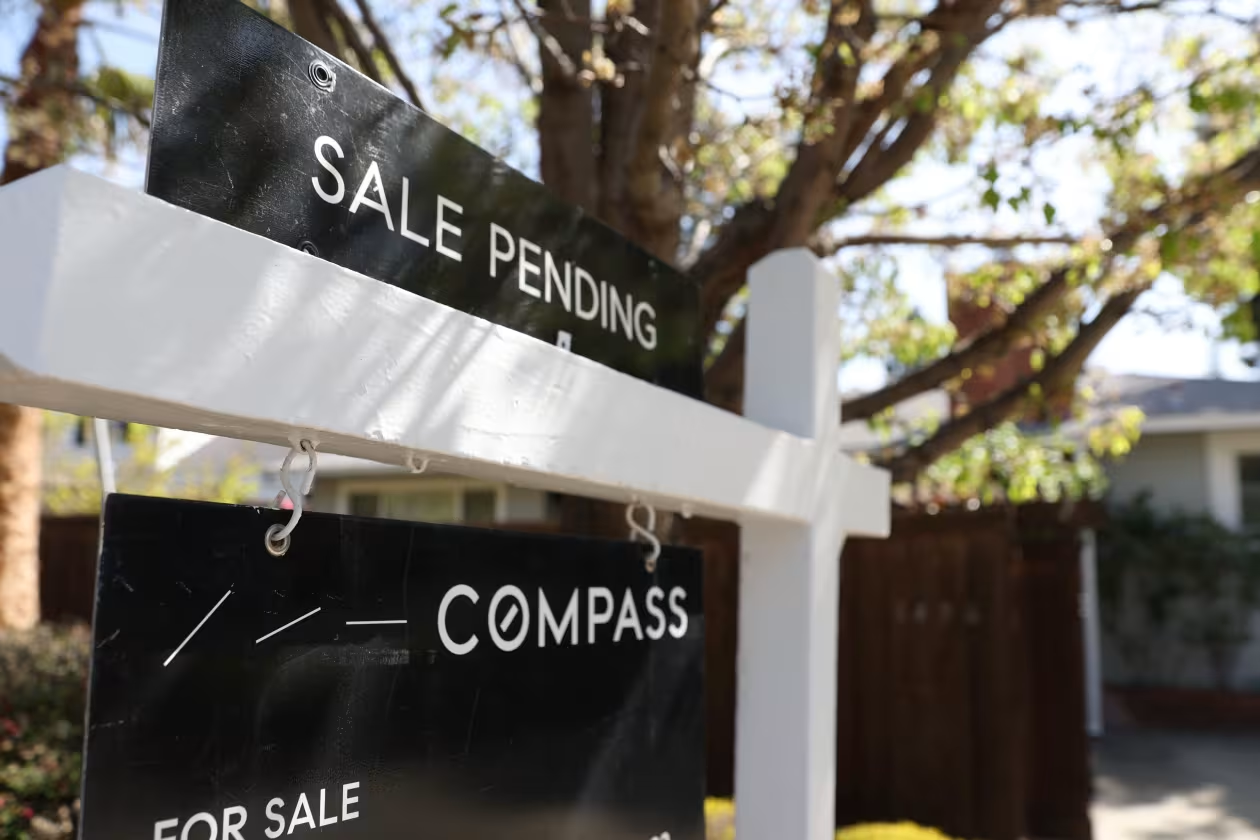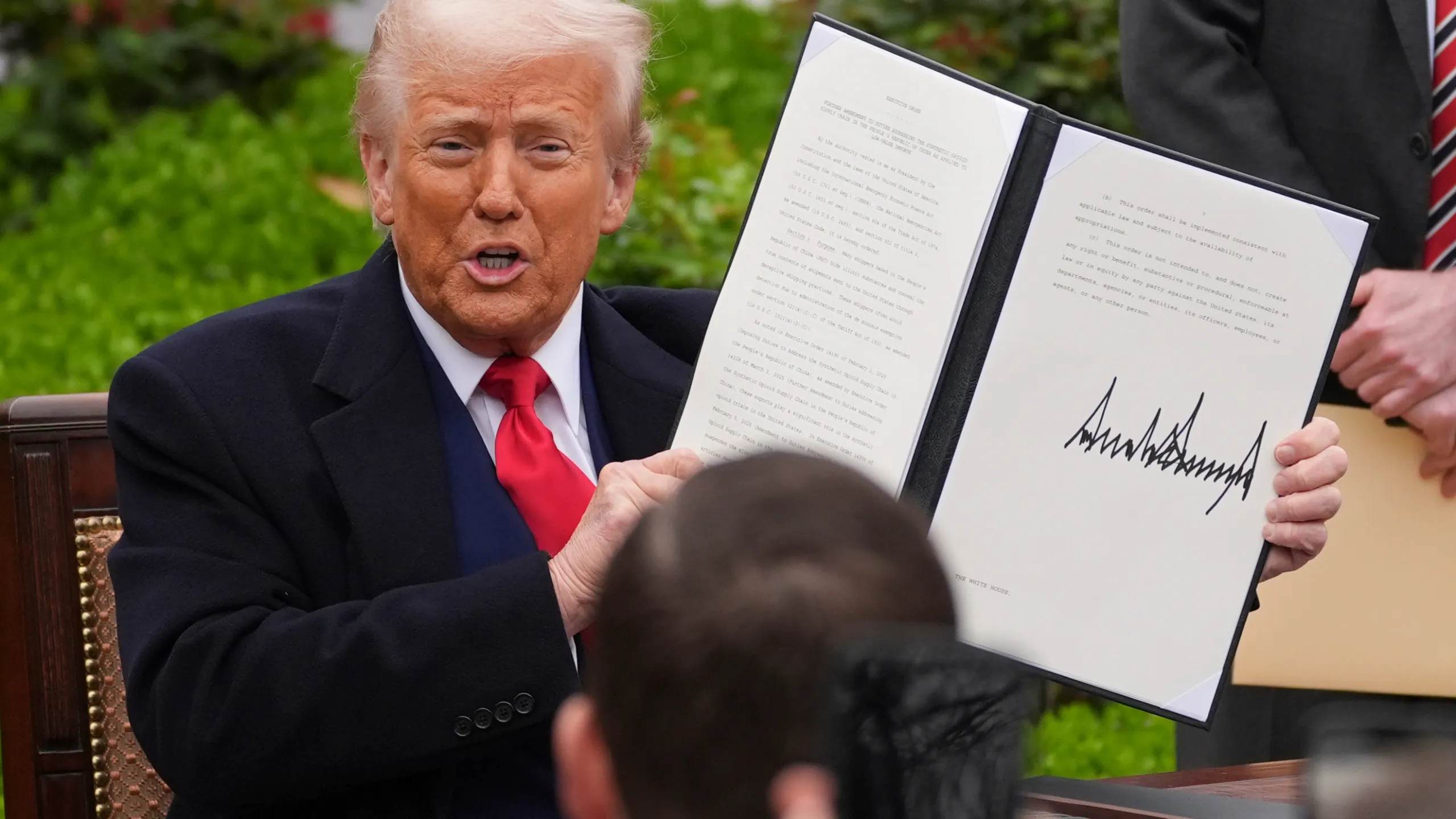
The European real estate sector, long revered for its stability and consistent returns, is experiencing a noticeable slowdown. This hesitation among investors is primarily driven by the ongoing tariff turbulence, which has introduced a layer of unpredictability into a market that traditionally thrives on stability and long-term planning. As global trade policies continue to evolve and tariffs fluctuate, real estate investors are increasingly adopting a cautious stance, reevaluating their portfolios and investment strategies across Europe.
The Current State of the European Real Estate Market
Historically, Europe has been a magnet for real estate investment, attracting both domestic and international investors seeking diversification and steady income streams. Major cities such as London, Paris, Berlin, and Madrid have been focal points due to their robust economic fundamentals and high demand for commercial and residential property. However, recent developments have cast a shadow over this optimism, forcing investors to reconsider risk exposure amid external uncertainties.
Recent reports, such as those published by , highlight that investors are increasingly wary of entering new projects, waiting on the sidelines until clarity is restored.
Factors Fueling Investor Hesitation
1. Tariff Uncertainty and Trade Wars
One of the most significant contributors to investor hesitation is the ongoing uncertainty surrounding tariffs, especially between major economic powers such as the United States and China. Although these tariffs primarily affect goods and commodities, the ripple effects extend into financial markets, impacting currency stability, borrowing costs, and overall economic confidence. European investors, concerned about potential disruptions in global supply chains, are cautious about committing large sums to real estate projects that could be affected by geopolitical shifts.
2. Brexit and Political Instability
In addition to tariffs, political events such as Brexit have added layers of complexity. The uncertainty surrounding the UK’s departure from the European Union has affected cross-border investments and transnational collaborations. Investors worry about potential market contractions, currency devaluations, and policy changes that could influence the profitability of their investments.
3. Fluctuating Interest Rates and Inflation
Interest rates remain a critical factor influencing real estate investments. Central banks across Europe have fluctuated interest rates in response to economic pressures, causing volatility in mortgage rates and financing options. Rising inflation rates also erode purchasing power and can lead to increased costs for construction, maintenance, and operational expenses, reducing overall investment returns.
Impact on Investment Strategies and Market Dynamics
The culmination of these factors has led to notable shifts in investment strategies within the European real estate landscape. Many firms and individual investors are now adopting a more **cautious approach**, emphasizing risk mitigation over aggressive expansion. This hesitancy manifests in several ways:
- Delaying New Projects: Investors are postponing new developments until market conditions stabilize.
- Focusing on Existing Assets: A preference for managing and optimizing current portfolios dominates decision-making.
- Seeking Diversification: Investors are exploring other markets or asset classes to mitigate European-specific risks.
The Shift Toward Stability and Risk Management
Amidst turmoil, a noticeable shift toward stability is unfolding. Investors are increasingly prioritizing assets located in countries with resilient economies, stable political environments, and transparent legal frameworks. These include markets like Germany, the Nordics, and certain Eastern European nations that have demonstrated consistent growth and regulatory clarity.
Furthermore, risk management strategies are becoming more sophisticated. Investors are employing hedging techniques, due diligence processes, and scenario planning to navigate the uncertain environment effectively.
Future Outlook and Potential Resolutions
While current conditions deter new investments, many market watchers believe that these are **temporary setbacks**. As global trade tensions ease and political stability improves, investor confidence is expected to gradually return. Market analysts point out that real estate remains a tangible asset class, attractive for its income-generating potential and inflation hedging capabilities.
Key factors that could catalyze renewed investment activity include:
- Resolution of Tariff Disputes: Political agreements could restore trade confidence.
- Post-Pandemic Economic Recovery: As Europe stabilizes post-COVID-19, investment appetites are likely to grow.
- Innovation and Sustainability: Emphasizing green building initiatives and smart technology can attract new interest.
Conclusion
The European real estate market is presently navigating through a challenging turbulence created by tariff uncertainties, geopolitical upheavals, and economic volatility. Investors’ cautious stance reflects a strategic move to safeguard assets in unpredictable times. While this pause may slow down some segments of the market, it also offers a valuable opportunity for meticulous due diligence and strategic positioning. Ultimately, as conditions stabilize, the European real estate landscape is expected to regain momentum, albeit in a more prudent and resilient framework.
For more updated news please keep visiting Prime News World.









